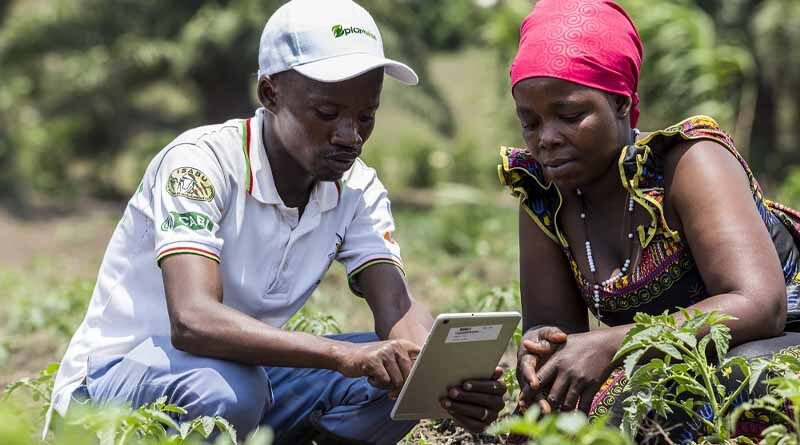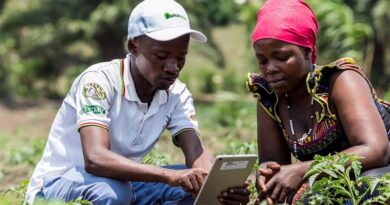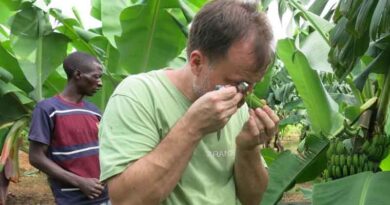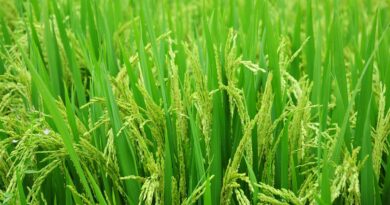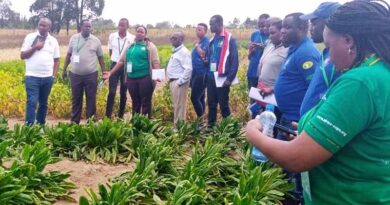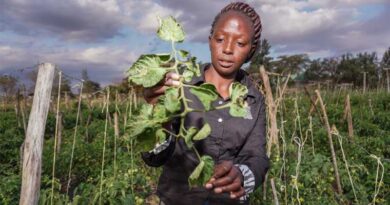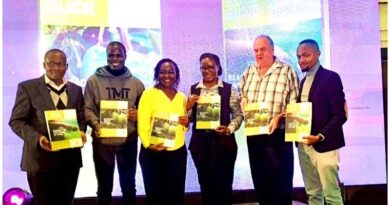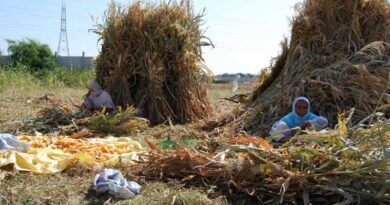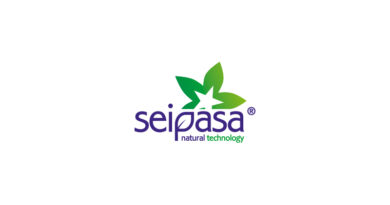Study proposes measures to strengthen Burundi’s plant health system
05 November 2022, UN: A CABI-led study has proposed seven key steps which should be taken to strengthen Burundi’s plant health system (PHS) and in doing so help improve the country’s food security and ability to tap into valuable export markets.
The research, published in the journal Sustainability, found that Burundi’s PHS at the time an assessment was carried out demonstrated inadequate skills to serve farmers and insufficient capacity to diagnose crop pests which can affect yields and livelihoods.
The study was also conducted together with colleagues from the Institut des Sciences Agronomiques du Burundi (ISABU).
Interventions proposed
Seven broad interventions have been proposed to help quickly strengthen the PHS of Burundi and include linking plant health policies, processes, planning and budgeting to the UN Sustainable Development Goals (SDGs) – particularly SDG2: Zero Hunger.
Other recommendations include the provision of sufficient plant health equipment and infrastructure and the supply of good-quality, affordable pest control products, diagnostic tools and other agricultural inputs.
Agriculture in Burundi employs 84% of the working population, provides 95% of the food supply and contributes nearly 40% towards the country’s gross domestic product. It also accounts for more than 90% of foreign exchange earnings and is the leading supplier of raw materials for the agro industry.
However, agricultural productivity in Burundi is hampered by several issues including crop pests and diseases, occasional droughts and floods, limited cash for inputs such as fertilizers and plant protection products, and inefficient use of water resources.
It is also impeded by land fragmentation, lack of cash and credit facilities among smallholder farmers and limited access to research and extension services.
Plantwise support
To respond to the challenges impeding agricultural productivity in Burundi, CABI, with funding support from the Embassy of the Netherlands in Bujumbura and Nuffic, introduced the Plantwise programme.
Plantwise has already trained more than 100 plant doctors who are providing high-quality advice to farmers in around 50 plant clinics. They are particularly helping farmers by correctly diagnosing their plant health problems and recommending how to efficiently manage these more effectively.
Farmers from other Plantwise countries have benefitted from an up to 30% increase in crop production. The ambition is to have similar impact in Burundi.
Burundi’s Ministry of the Environment, Agriculture and Livestock (MINEAGRIE) aims to build the capacity of at least 300 out of the 1,000 existing commune agricultural extensions workers as plant doctors within the next three years.
Dr Willis Ochilo, a lead author of the research, said, “Functional plant health systems have been integral in mitigating the movement of non-native organisms, pests, and diseases within and between countries through trade.
“However, in some countries, including Burundi, practitioners know little about the plant health system and other support systems which are part and parcel of the country’s ability to produce sufficient food for its people and for potential export.
“The understanding we now have of Burundi’s plant health system will help in the planning and implementation of measures to also improve its regional economic and environmental stability as well as its trading relationship with other countries.”
Also Read: Farmers should get maximum return for the trade of agricultural products- Mr. Tomar
(For Latest Agriculture News & Updates, follow Krishak Jagat on Google News)

